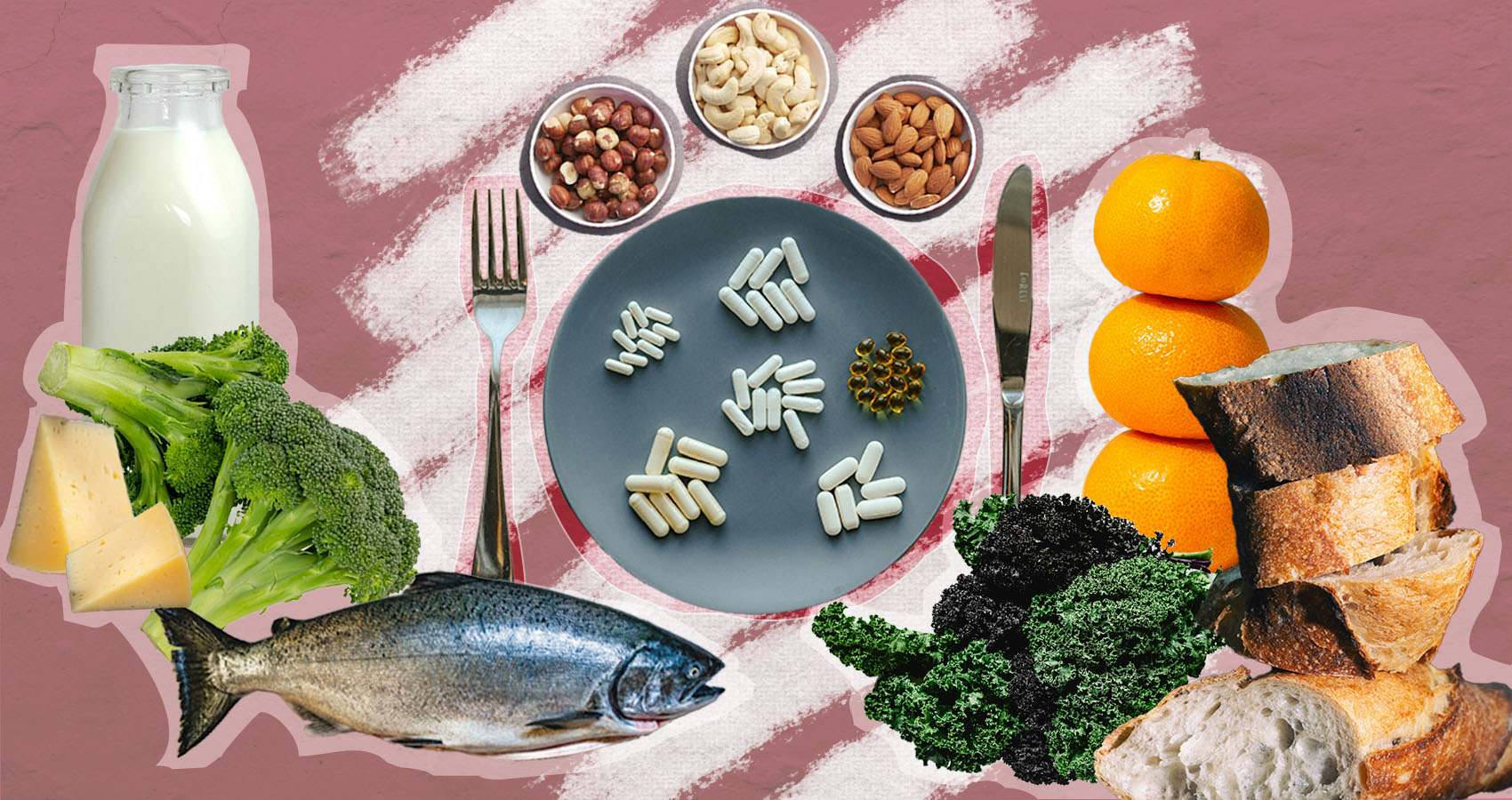An ABC Of Vitamin Supplements
Do you need supplements or is this another health trend
The world of vitamin supplements is sprawling and confusing to anyone who isn't already deep in the culture. We're here to take the guesswork out of what the most talked about vitamins do, where to get them naturally, and hopefully de-influence supplements a little for you.
Vitamin B12
This supports the health of the nervous system, the circulatory system, and helps break food down into energy.
This deficiency is quite common, but in most people it's not serious. Supplements are available, or if it's severely affecting you a doctor can provide stronger supplements.
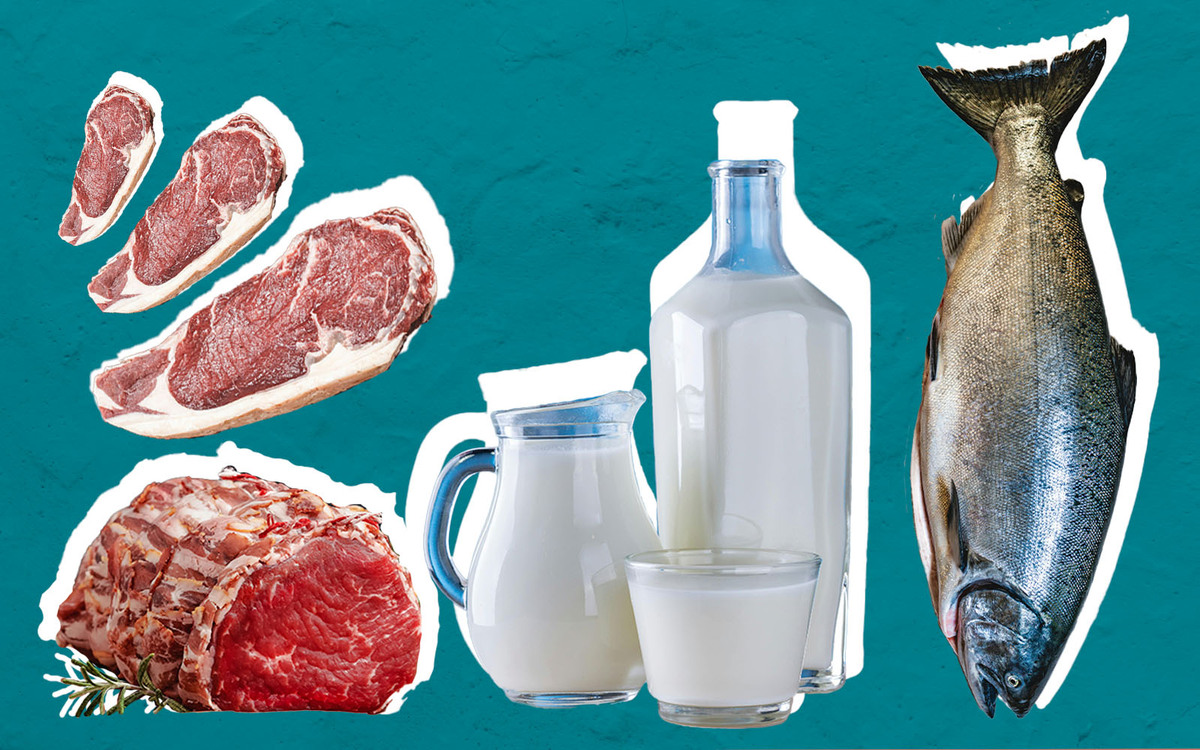
Sources of B12
-
Meat
-
Dairy products
-
Fish
Vitamin C
This supports cell growth and health, healthy skin, and healing.
Supplements are widely available but unless you are on a carnivorous diet you probably don't need them. Instead, ensure you get enough fruit and veg.
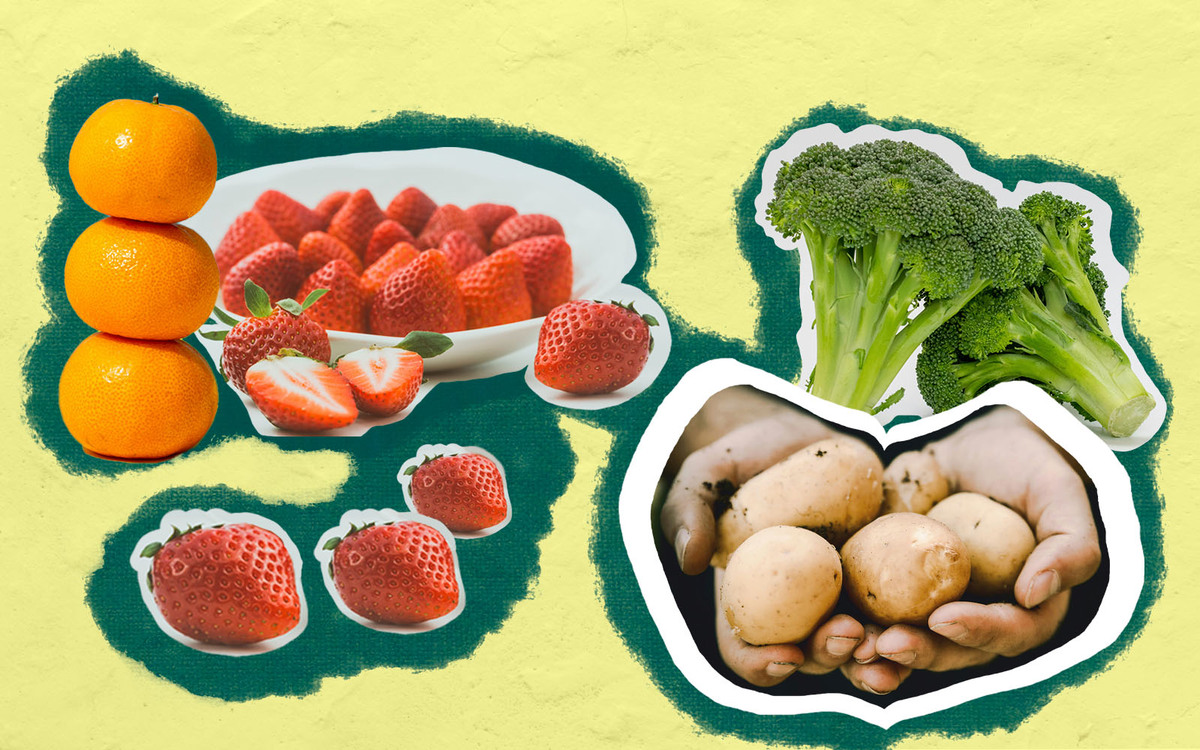
Sources of Vitamin C
-
Oranges
-
Strawberries
-
Potatoes
-
Broccoli
Calcium
This supports bone and teeth health, and helps regulate your heartbeat.
Supplements are less common but there are plenty of dietary sources. If you really need these, its likely you will be given them by a doctor
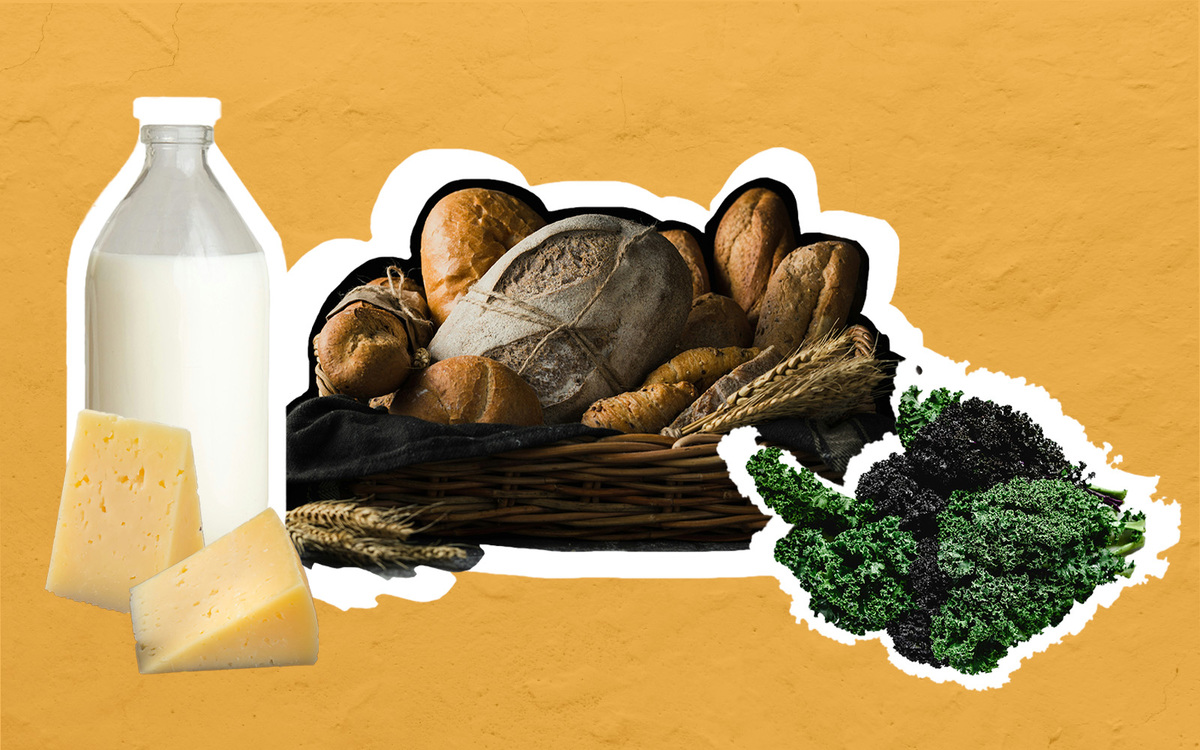
Sources of Calcium
-
Dairy products
-
Kale
-
Some breads (check the ingredients for fortified flour)
Iron
This is vital for oxygen transportation through blood, helps with fatigue, and reduces dark circles.
Supplements are everywhere, and if you're vegetarian or vegan they can help support your intake. However, there are lots of veggie options.
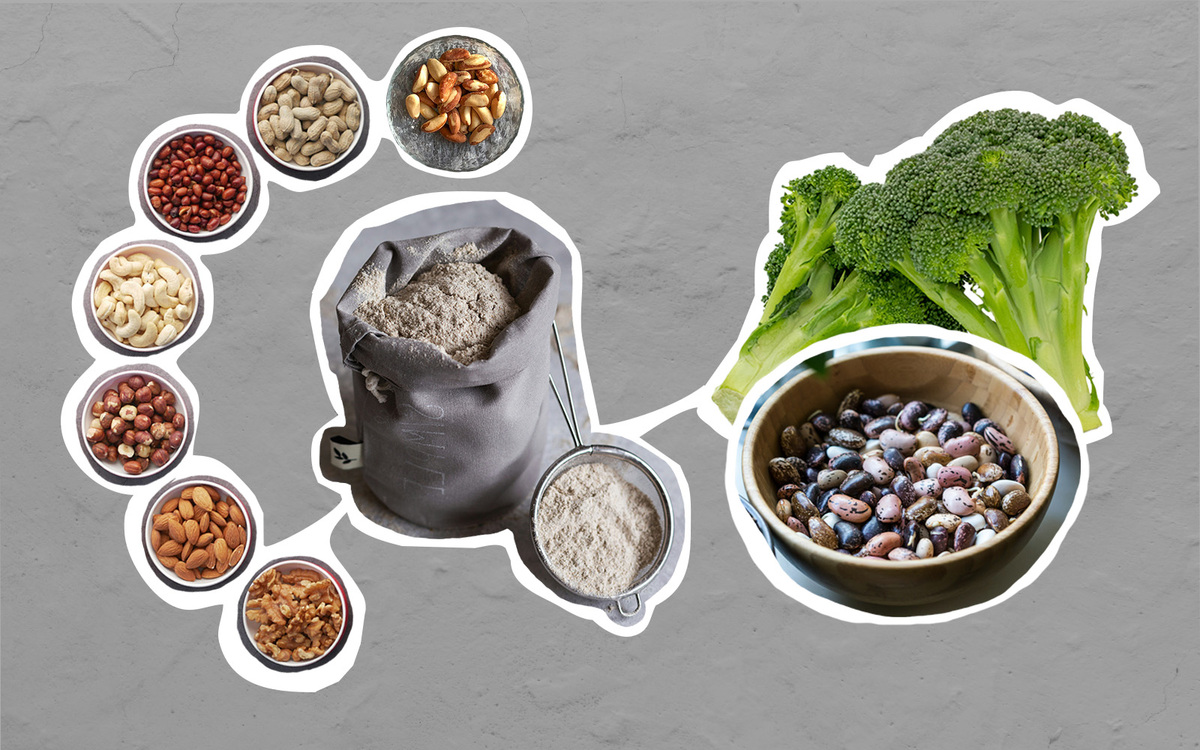
Sources of Iron
-
Beans
-
Nuts
-
Broccoli
-
Fortified soy flour
Magnesium
This is great for balancing hormones, it also helps with sleep regulation. The most important role of Magnesium is to help turn food into energy.
There are various type of magnesium supplements available, unlike many Vitamins, are widely available in the foods we eat.
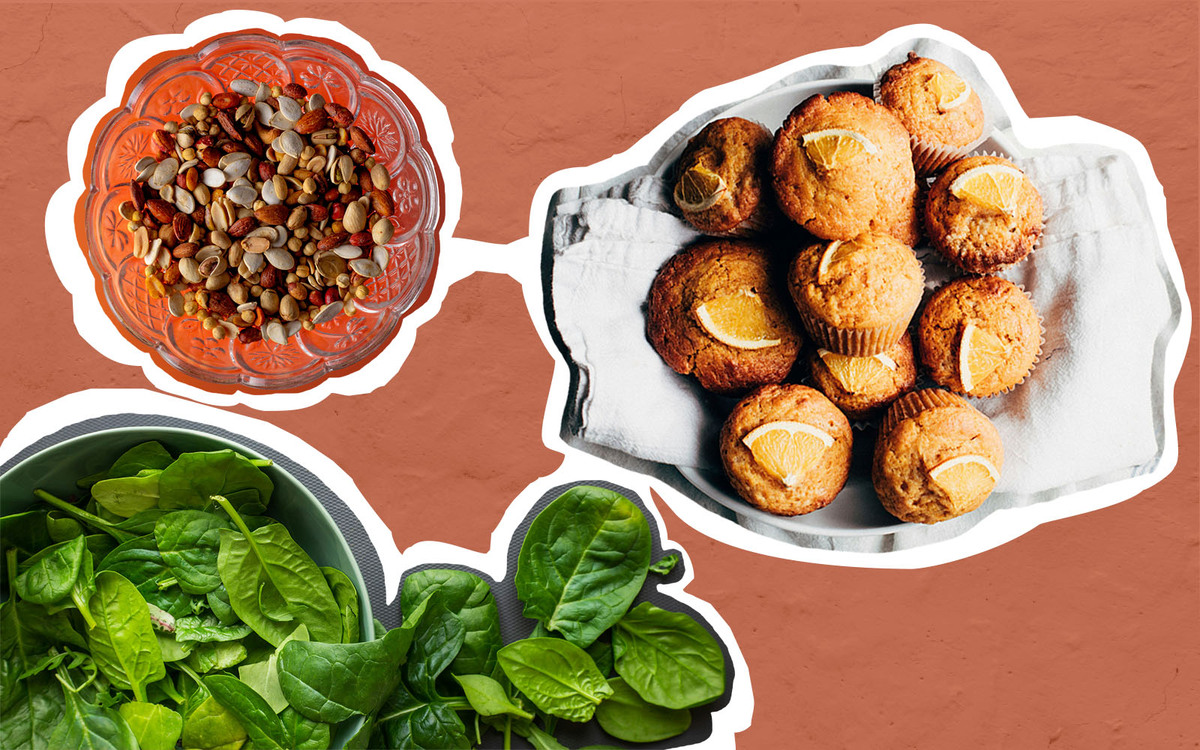
Sources of Magnesium
-
Spinach
-
Nuts
-
Anything made with wholemeal flour
Selenium
This is a miracle worker when it comes to skin and hair health. It prevents tissue damage as well as cell damage.
Too much Selenium can be harmful so if you want to take supplements ensure they are from a trusted source.
It is also worth noting that Brazil nuts contain high amounts of Selenium, doctors don't recommend more than three Brazil nuts a day.
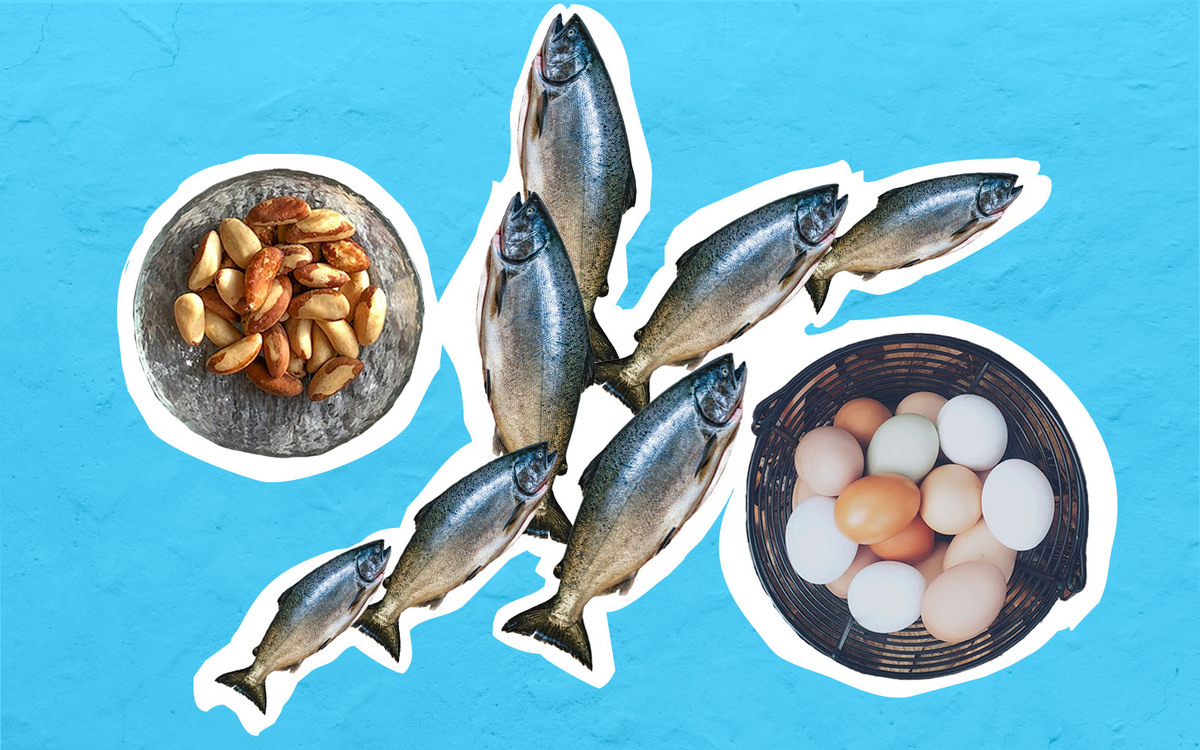
Sources of Selenium
-
Brazil nuts
-
Fish
-
Eggs
Zinc
Zinc helps with acne, wounds, and cell regeneration. It also helps in processing foods.
Zinc can be a little harder for vegans to access through their diet, but there are supplements widely available.
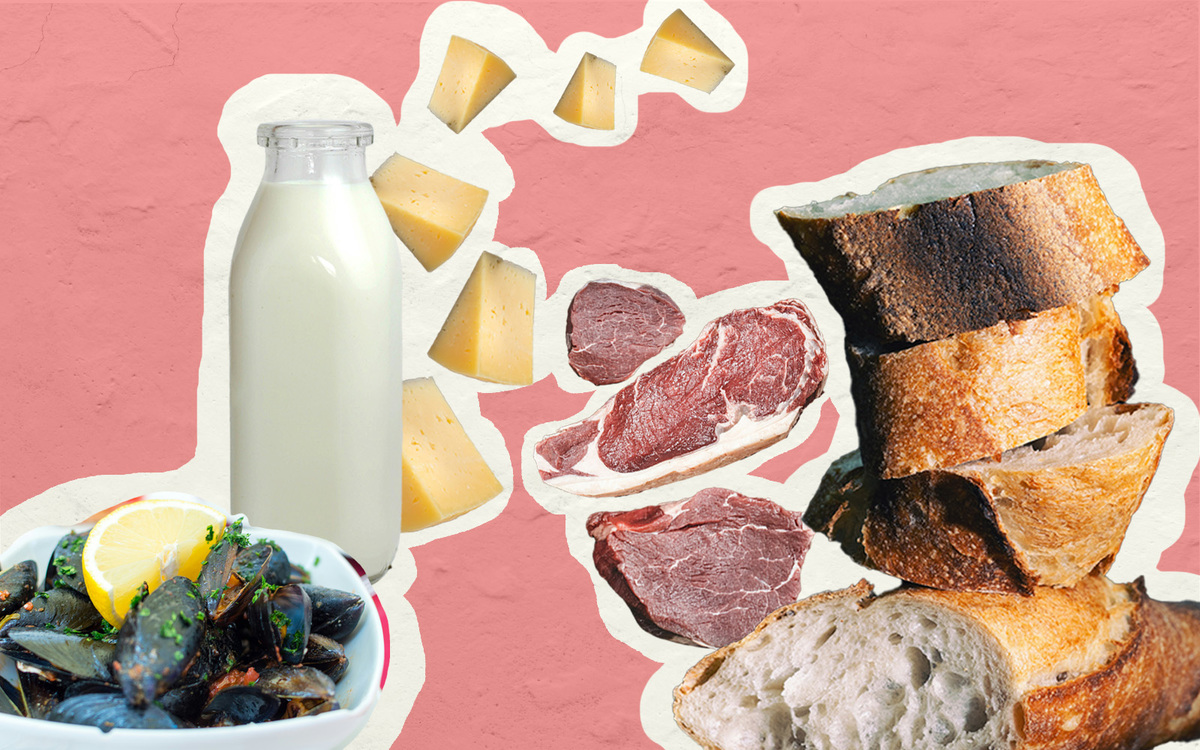
Sources of Zinc
-
Meat
-
Shellfish
-
Dairy products
-
Bread



